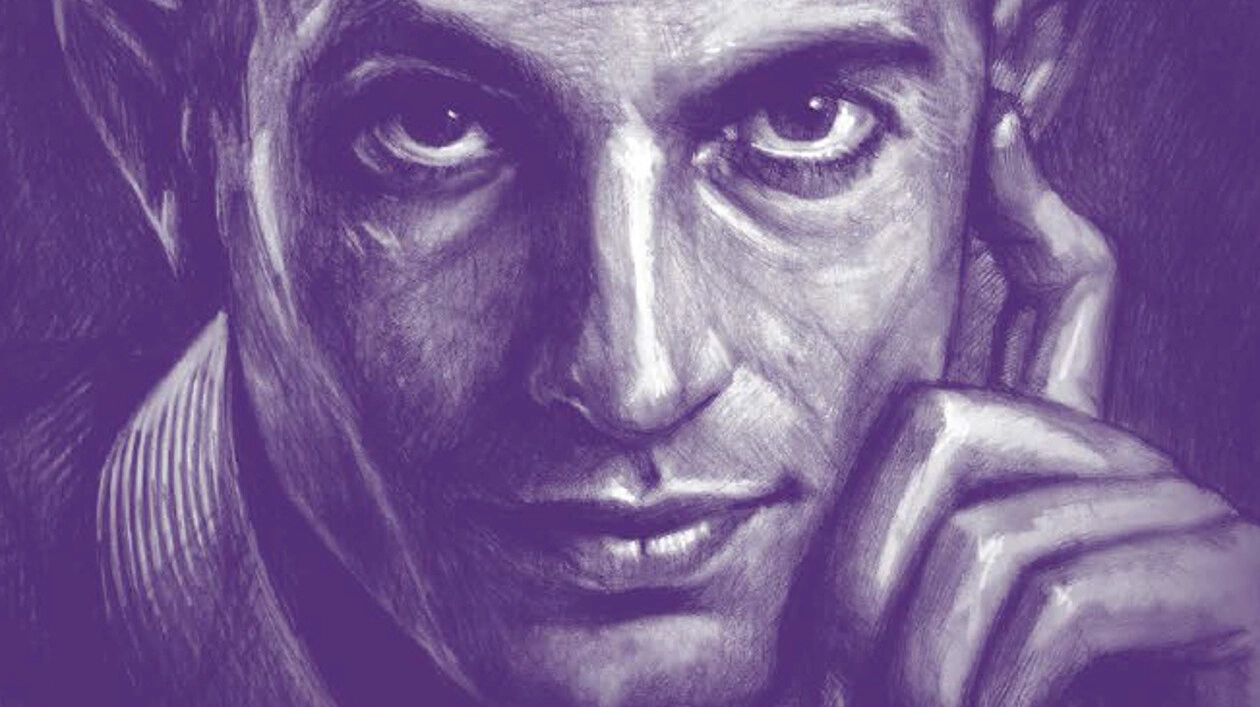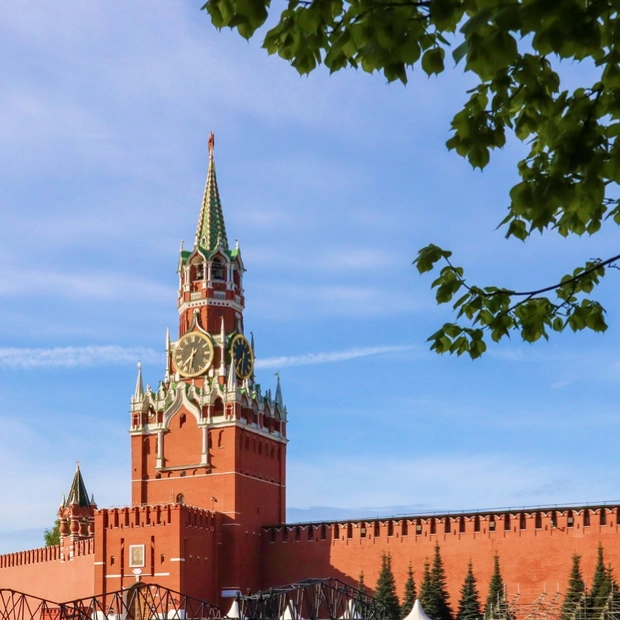It's not a secret for anyone that we live in the epoch of global changes: biotech and infotech revolution manifested themselves. But the major part of humankind resembles of a notorious Strauss who puts his head into sand hoping that it won't be noticed by danger or changes. Only few specialists are able to define what's going on and describe the possible economic and geopolitical models of the future as our columnist Yuval Noah Harari, Israeli military historian-medievalist, professor of the Historical Department of the Hebrew University of Jerusalem, author of three international bestsellers "Sapiens. The brief history of humankind", "Homo deus. The brief history of tomorrow", "21 lessons for the 21st century" does.
What I think is ahead, in terms of major human change, is not a single development such as Infotech and Biotech, revolutions but the effect of the combination of these two. For example, Artificial Intelligence (AI) already determines financial markets and algorithms are replacing the trader. We can see with certainty the same will happen with medicine. The doctor essentially receives patient's information, the pains, the tiredness, the loss of physical ability, and recognising the pattern, makes a diagnosis. AI can do that and probably better than the human doctor. The AI doctor is immune from self-concerns, it doesn't have an angry husband, and can focus absolutely on the patient. What it can't do is change a bandage or turn an elderly patient to prevent bed sores and AI will replace doctors long before nurses. But there's more. Suppose the human body was permanently fitted with sensors, continually transmitting to a data centre that monitored and saw the patterns. At the first signs of illness, detection at an early stage would mean intervention was simpler, easier and cheaper in-stead of allowing a cancer to grow for two years before action. This is a benefit of the combination of infotech and biotech but it comes with a disadvantage. Humans become hackable and the computer knows more about the individual than he does himself.
Think about self-driving cars. The computer has to know the differences in behaviour between a ten-year old and an adult. The car can only function all the while it is capable of thinking or at least pro-cessing human behavioural information. The human becomes part of the information system or the reverse, the information becomes integrated into the human.
In a society with an all embracing centralised personal information bank, what exactly can one do if 'they' or 'it' knows every move made and expected. One solution is to know more of oneself and that can be achieved by meditation, something I have done daily for two hours since my time as a post graduate at the University of Oxford.

In the past, wealth was through ownership of land and then later, ownership of industrial asset. In a generation's time, ownership of data will be the main source of wealth. The data owners currently stand in an unbalanced relationship with individuals, in exchange for services at no monetary costs, email, google etc. the individual hands over his personal data. The aggregation of individual data enormously expands its value and the question arises is that something that regulators must take account of, is the individual having a fair share of the added value. I argue in my book that the data owner needs to take less but experience shows that regulation in a non-tangible is not easy to do and there is little time left to get it right because there won't be a second chance.
AI will destroy employment and create a class of unemployables with no economic function who take a status of being irrelevant, something worse than slavery, and whose only usefulness is to be consumers and data generators. It will need payment in either services or a universal income or payment. Those countries owning the data will be wealthy and, one hopes, happy and those not owning, will collapse. In the 19th century Britain and a handful of other countries, owned the industrial processes and could and did conquer states without industry with the intention of economic exploitation and this is the meaning of the Victorian epithet, trade follows the flag. Now there will be no conquests only exploitation for those left behind in the AI arms race.
The World's three major problems, nuclear war, climate change and technological disruption are capable of resolution only on a global scale. National solutions become simply pointless, if say Ruritania's economy collapses because of Silicone Valley's disruption only a tax on the Valley can fund the population's income. Not only are national solutions impossible, nationalism is a spent force. The measure of the strength of nationalism is the number of body bags, just how many people are willing to kill and be killed for a national idea. A century ago millions but now almost no one. The Britex campaign and referendum had one death, a politician, and the killer was a deranged fanatic.
Climate change also has opportunities and as a vegan I welcome changes in agriculture, especially animal farming and a change to eco friendly farming. Five years ago, it costed $300,000 for a single 'clean meat steak' but now, with bulk production, the price has fallen to $11.
Of all indicators, economic growth is the most valued and this has to change. The idea that more stuff equates more happiness is a myth. Economists and Poets have more in common that the latter would like to admit. Both tell stories but the economists are falling behind. How many specialists, what proportion of populations, understand how the algorithmic financial system actually works? I think very few and almost no one in the general population. Not knowing means an inability to control. Almost the only thing left preserved from the past, a tradition, is trust in money. How this translates to Blockchain technologies and others that will follow, will determine what money becomes. It is already units of data instead of pieces of paper.
The only certainty facing us in the short term is that current trends will accelerate the pace of change. The rich will become richer and data owners will be the new economic Titans. But then it occurs to me, maybe not, because the one thing you should never underestimate is human stupidity.






